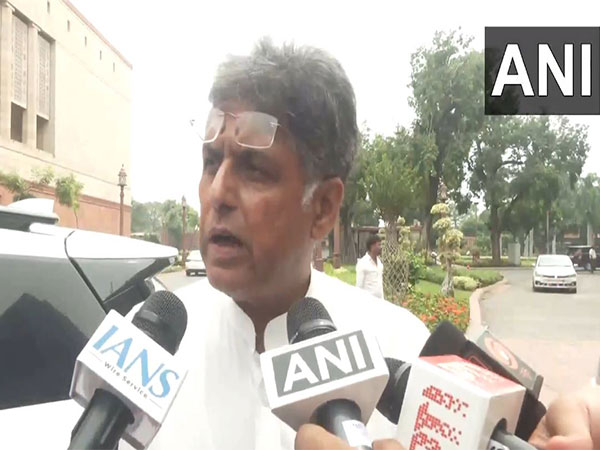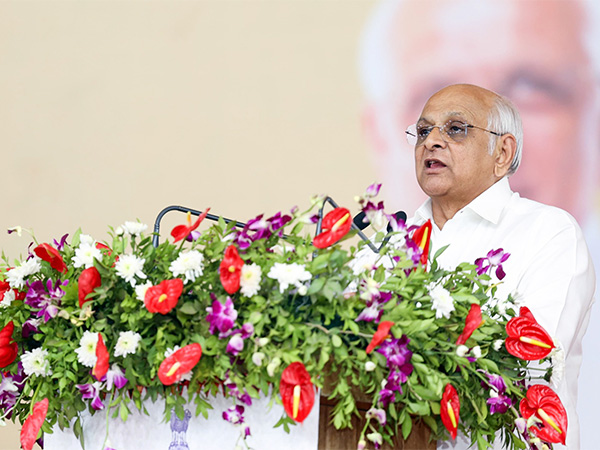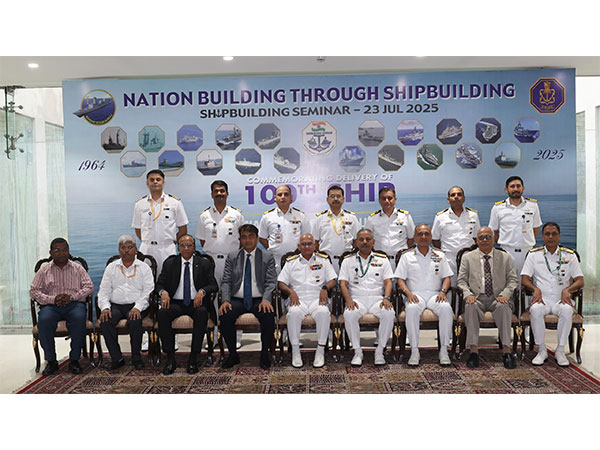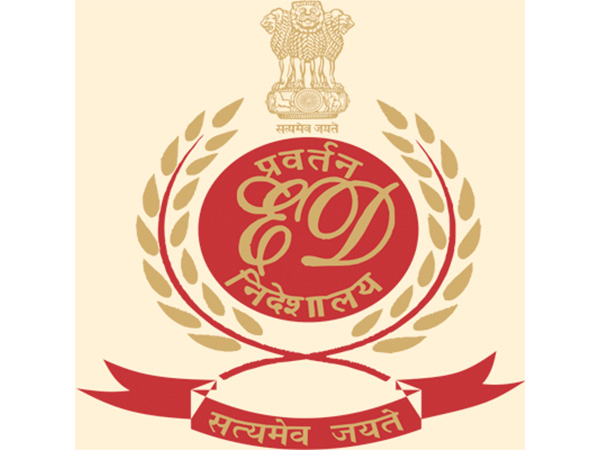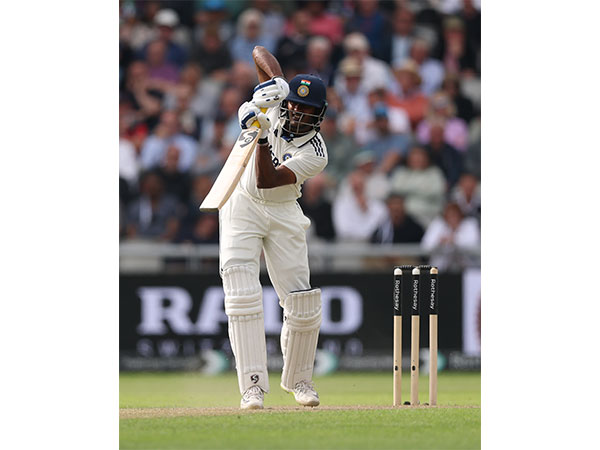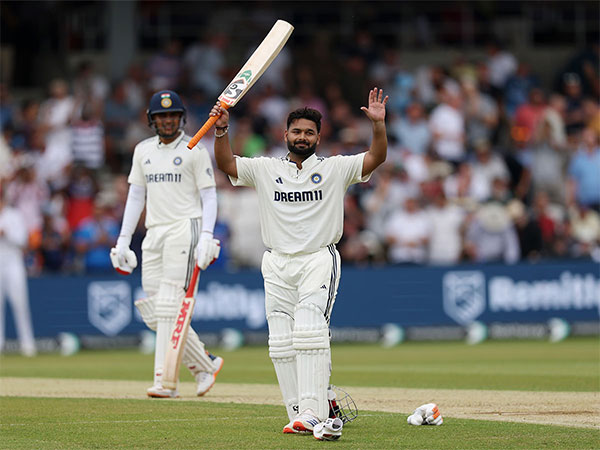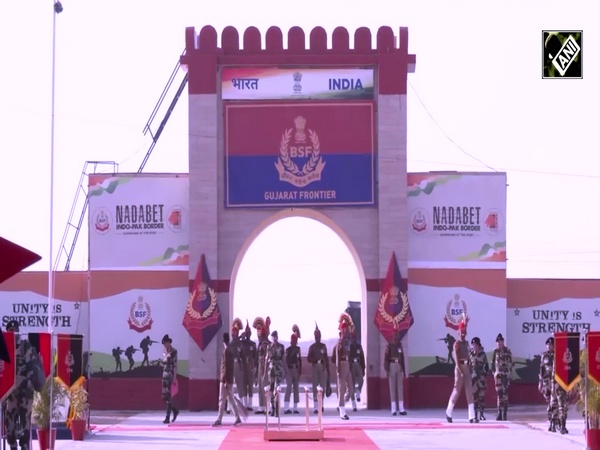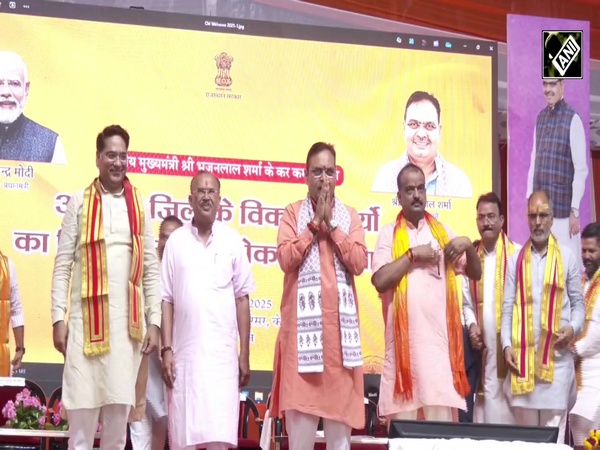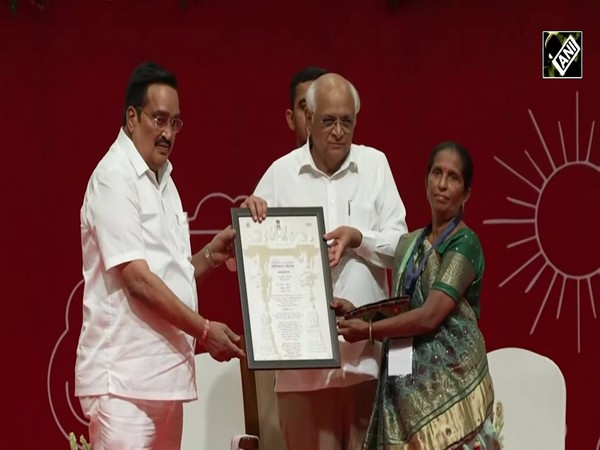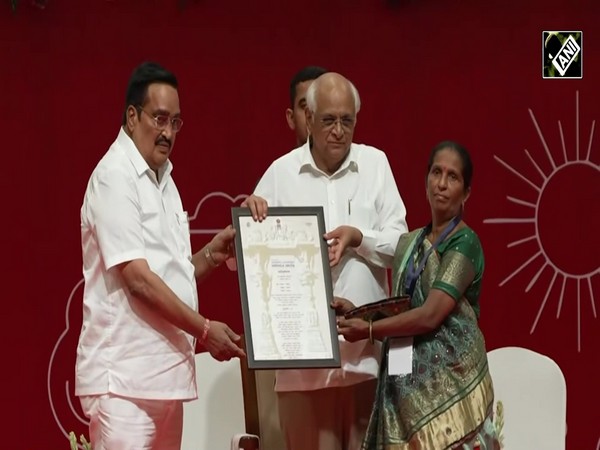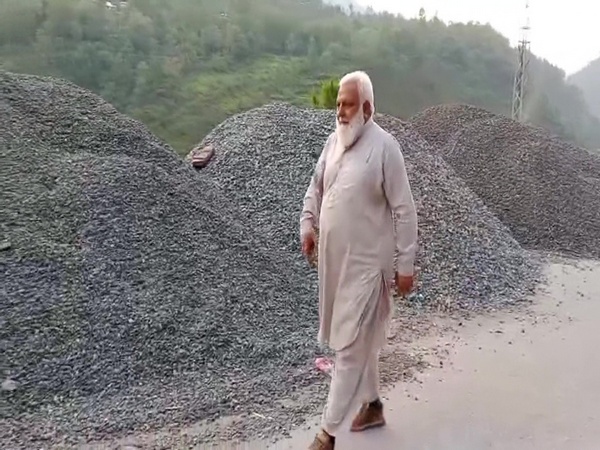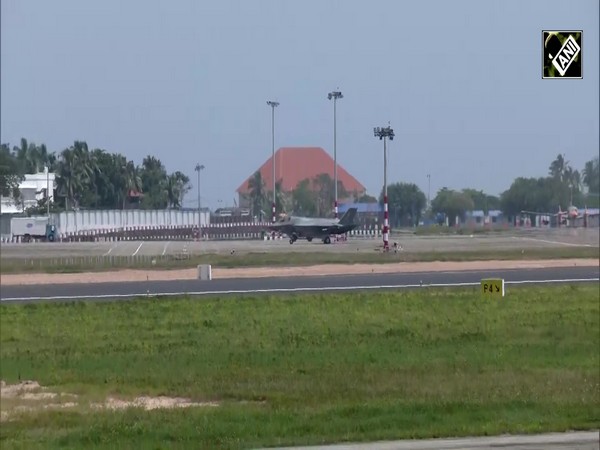Supreme Court agrees to examine plea on 'right to be forgotten' stays Madras High Court order
Jul 24, 2024

New Delhi [India], July 24 : The Supreme Court on Wednesday stayed the Madras High Court judgement directing a law portal to remove a judgement pertaining to the "right to be forgotten" of an accused, who has sought removal of the judgement. The apex court said that it will examine the issue.
A bench led by Chief Justice of India DY Chandrachud issued notice to the respondent concerned on the petition and clubbed the matter with another similar petition.
The court observed that once a judgement is delivered, it becomes part of the public record, and any direction to remove it will have serious ramifications. The court also remarked how the High Court could issue directions to the law portal to remove the judgement.
The top court was hearing a petition by Ikanoon Software Development Pvt Ltd challenging the Madras High Court order. Ikanoon was represented by advocates Apar Gupta and Abiha Zaidi.
The top court stayed the Madras High Court order that had asked Ikanoon Software Development Pvt Ltd to remove from its website a judgement acquitting a man in a rape case.
Madras High Court, on April 30, 2014, directed to remove judgement from its legal database under the 'right to be forgotten,'" as the said judgement concerned the acquittal of the man in a rape case.
The Impugned Judgement was passed in an appeal from the judgement dated August 3, 2021, of the Single Judge of the Madras High Court that denied relief to the man. The man has moved the High Court, seeking removal of the judgement dated April 30, 2014.
Ikanoon, in its plea before the Supreme Court, challenged the verdict of the Division Bench of the Madras High Court and said that HC has overlooked well-settled law regarding the "right to be forgotten" and erroneously overruled the Single Judge's decision.
The Ikanoon informed the top court that it was unable to appear in the proceedings leading to the impugned judgement, as it was listed as a pro forma respondent in many similar petitions across various forums; one such case is Alka Malhotra vs. Union of India, pending before the top court. The Petitioner, being a small company with limited resources, struggled with the logistical and financial challenges of appearing in multiple proceedings. The multiplicity of similar cases highlights the need for a clear judicial approach, especially regarding public records and privacy rights, the petitioner said.
"A substantial question of law is further created due to conflicting decisions of different High Courts on the same point of law, such as the Kerala High Court in Vysakh KG, addressing related writ petitions involving a similar issue, where the petitioner also served as an answering respondent. Recognising the protection available to publishers like the petitioner under Article 19(1)(a) of the Constitution, the Kerala High Court denied prayers seeking the removal of court records online. The Kerala High Court emphasised the principles underlying a system of open courts, forming part of the public sphere where individual claims of privacy do not subsist," the petition said.
The law portal further added that the impugned judgement also makes reference to the Digital Data Protection Act, 2023, to hold that court records can constitute "personal data" of the respective individual litigants, thus inviting the application of such litigants' right to privacy.
However, such reasoning is erroneous, as the applicability of the Data Protection Act does not extend to instances when personal data is made available by a 'person' "who is under an obligation under any other law for the time being in force in India to make such personal data publicly available, the petitioner said.
